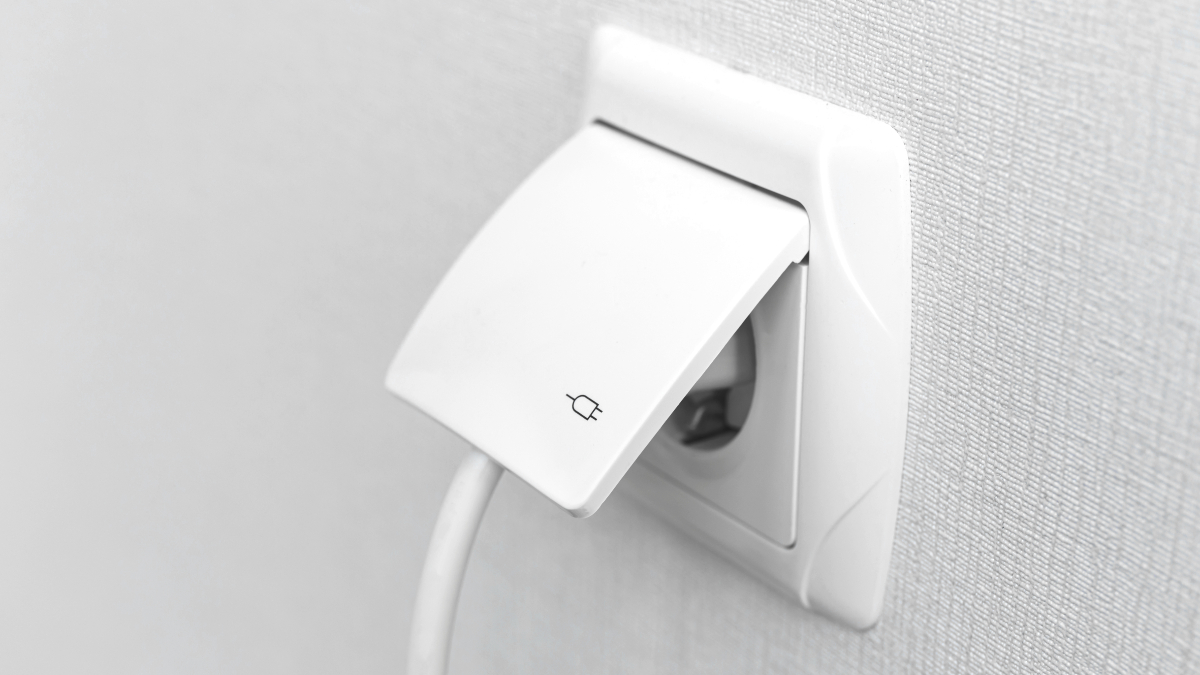
Electrical safety is important at home, especially when you have children. There were many instances where faulty electrical wiring caused serious damage to property and lives. This is preventable when basic electrical safety principles are observed using an emergency locksmith.
Electricity is dangerous because you can’t see or smell it but it is fatal when in contact with it. This is why understanding the safety principles of handling electricity at home is important. Common injury related to electricity is fire or burns.
There are three types of burns; electrical, arc, and thermal burn. Electrical burn is when electricity flows to the tissues in the body, such as the skin or muscles, and causes tissue damage. For arc burn, the injury is the result of high temperature or explosion near the body.
Lastly, thermal burn is when the skin is in contact with surfaces with high temperatures. A person can experience one or more types of burns simultaneously.
In Australia, 40% of a house fire is caused by faulty electrical, but recognizing the risks and doing changes like switchboard upgrades is the first step to protect your home from electrical hazards.
1. Turn off electrical equipment
Before working on any installation or repair, it is important to turn off any live electrical equipment. Live wires are hazardous and can cause serious injury and death.
Not only turning off electrical equipment will protect people in your home, but it also saves money. You can go straight to the breaker box and turn the switch off.
2. Have a fire extinguisher on hand
Always make sure there is a fire extinguisher in your home. Avoid using water when there is a fire caused by faulty wires because it can trigger electrical shocks. The fire extinguisher should be suitable to handle electrical fires.
3. Contact professional
It can be tempting to handle repairs or installation of electrical equipment at home, but hiring professionals to do the job will keep your home protected, and you will also save on money. They can also detect areas of concern at home, thus preventing any hazards.
4. Touch the outlet
Outlets shouldn’t feel hot when touched. Good functioning outlets are cool and do not emit any smell. When you notice a warm outlet, cut the electricity by turning off the breaker box. If you cannot identify the problem, contact a technician.
5. Don’t overload
Outlets often allow two or more plugs but avoid overloading the outlets. Spread out the use of small appliances and devices in different outlets. You can also request an electrician to add more outlets if you have to use more.
6. Child-Proof Outlets
If you have young children, child-proofing all the electrical equipment and outlet is vital. Get outlet covers Since kids are naturally curious, the outlet is a potential hazard because it can lead to electrocution.
7. Extension cords
An extension cord is not designed to be used for a long period of time. It shouldn’t be used to power big appliances and not be treated as a main source of power. Extension cords are for a temporary or short period of use. If you need an extra outlet, hiring someone to install a new outlet is better and safer.
8. Ground appliances
Grounding appliances is a good way to maintain safety at home. However, there can be grounding issues with appliances that are old. If your old appliances are two-prong plugs, replace it with the three-prong plug since it is properly grounded to the outlet.
9. Check flickering lights
Flickering lights shouldn’t be taken lightly. In some cases, it is an indicator or poor wiring or short circuit, which are a potential hazard for fire. When you notice you light flickering, try to check the bulb first. If there is still flickering, contact an electrician to have it assessed.
10. Ground circuit interrupters
A ground circuit interrupter is a tool used to turn off electricity if it notices the power is diverted due to power circuit or insulation issues. Circuit interrupters prevent people from electrical shocks and fire and are perfect for the kitchen and bathroom areas.
11. Do not touch with wet hands.
Avoid touching any electrical devices or outlets when your hands are wet. Water is a good conductor of electricity, and touching with wet hands will only invite electrical current to flow into your body, giving you shocks.
12. Wear insulated gloves
If you can’t contact any electricians immediately, always use PPE like insulated rubber gloves and shoes to avoid being electrocuted. PPE is your frontline defense against potential hazards that come with electricity.
Conclusion
The safety of your household depends on you being proactive with electrical management at home. Whenever you have doubts about the wiring, always call a professional to do it. Electrical safety is vital to protect your household from any electrical injury. Failure to practice these principles will only put the lives of everyone at home at risk for damages and accidents.




